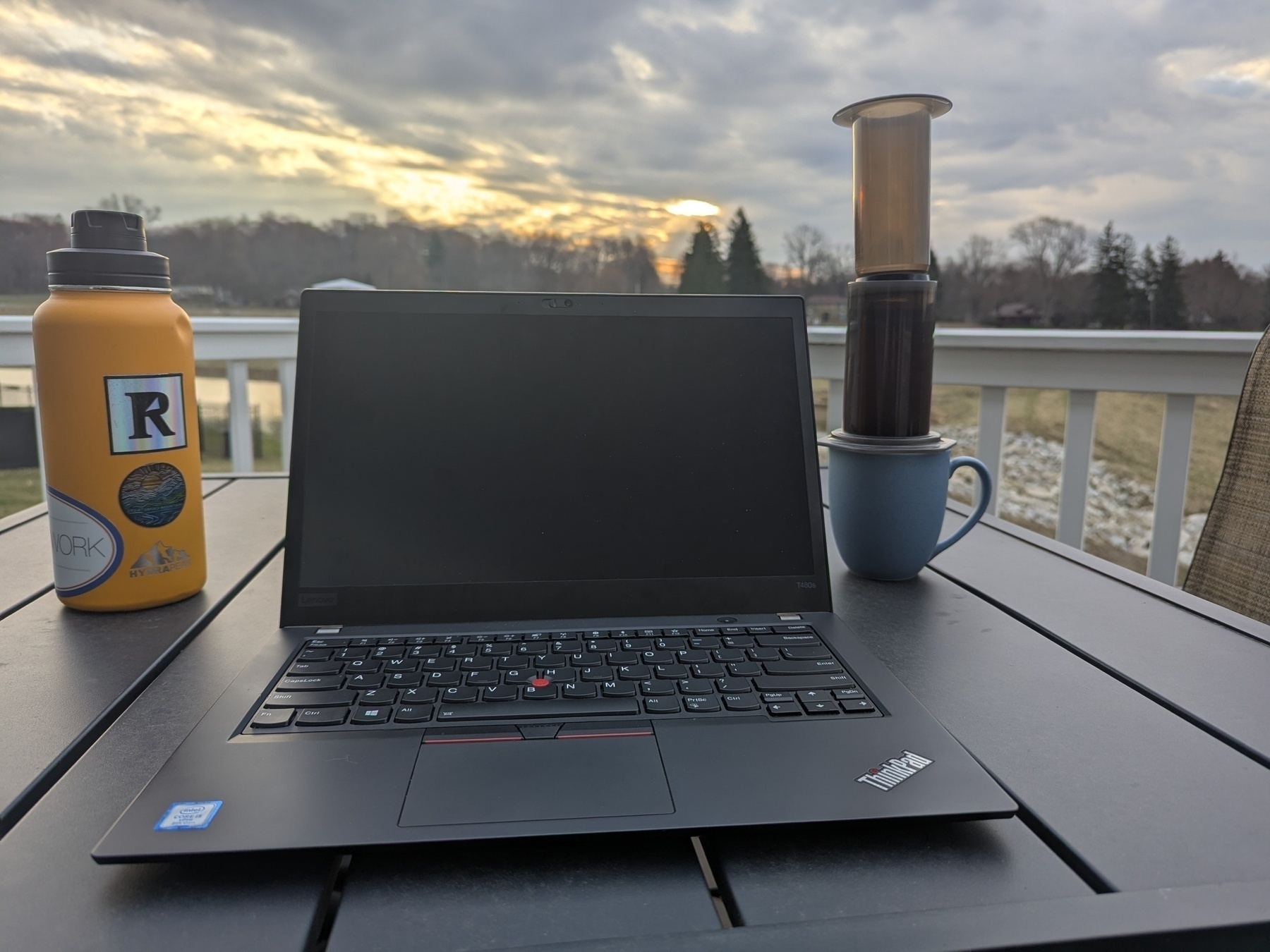I have a tendency to be consumed by a niche interest or hobby every now and then. In the past it’s been disc golf, counter strike, yo-yoing, hot sauces, coffee, apologetics, and even card magic. Now I’m introducing the latest interest that my free-time has fallen victim to: indie hacking.
What is Indie Hacking? Despite having “hacking” in the name, indie hacking is not nearly as nefarious as it seems. It does not involve late night attempts to crack the access code to a terminal while 80s synth wave music surges in the background.

